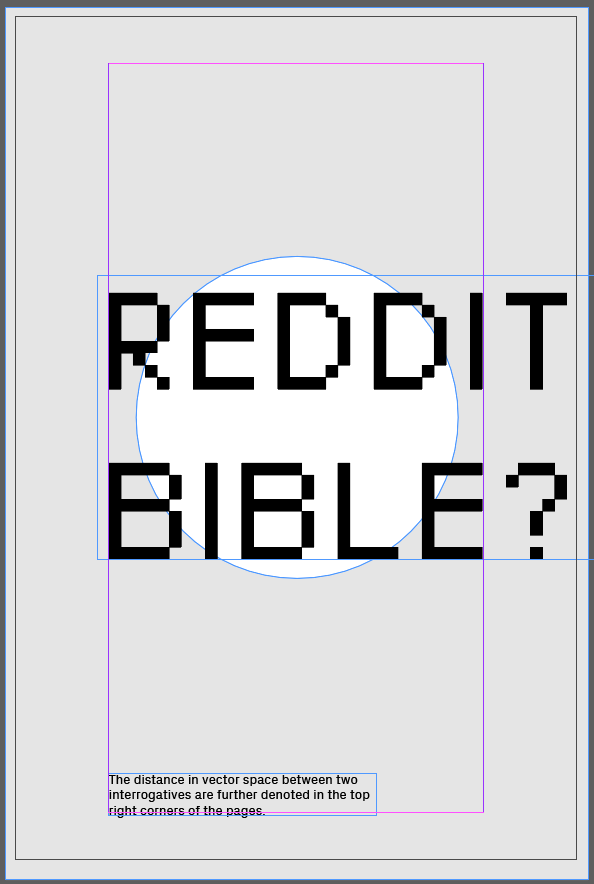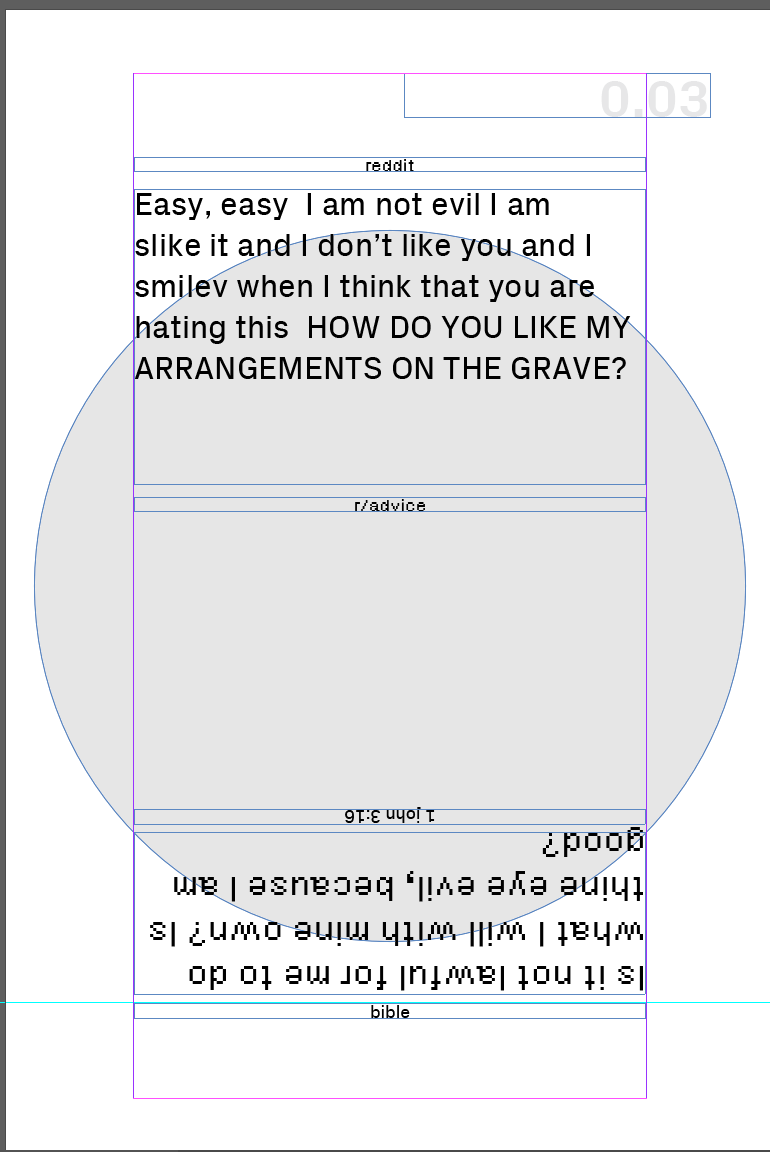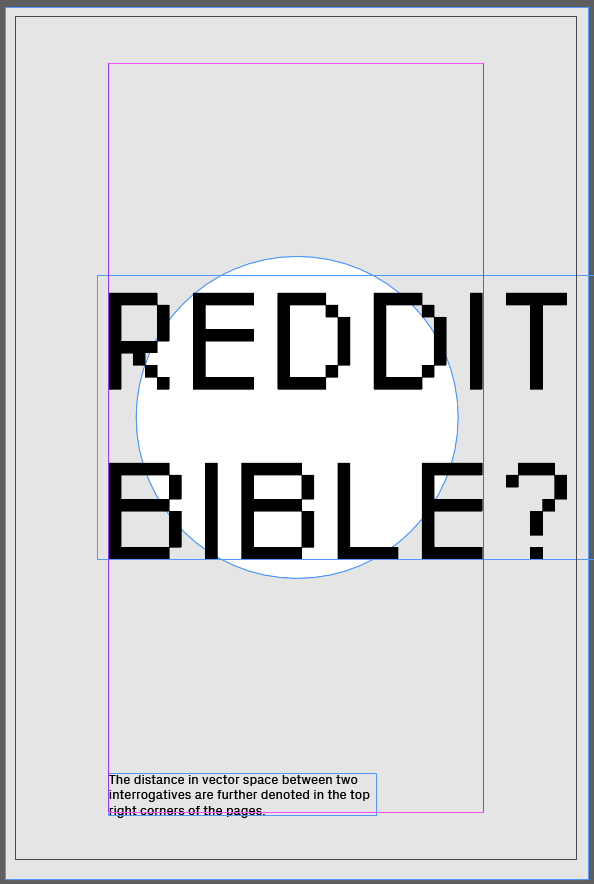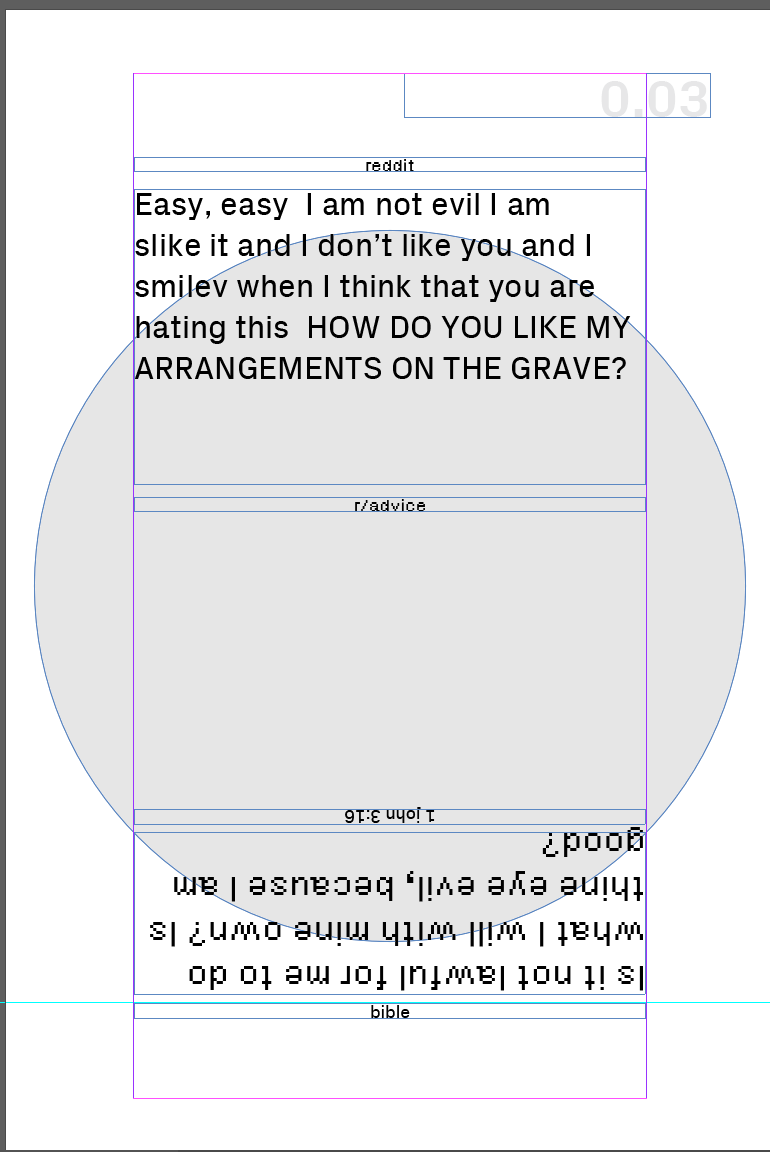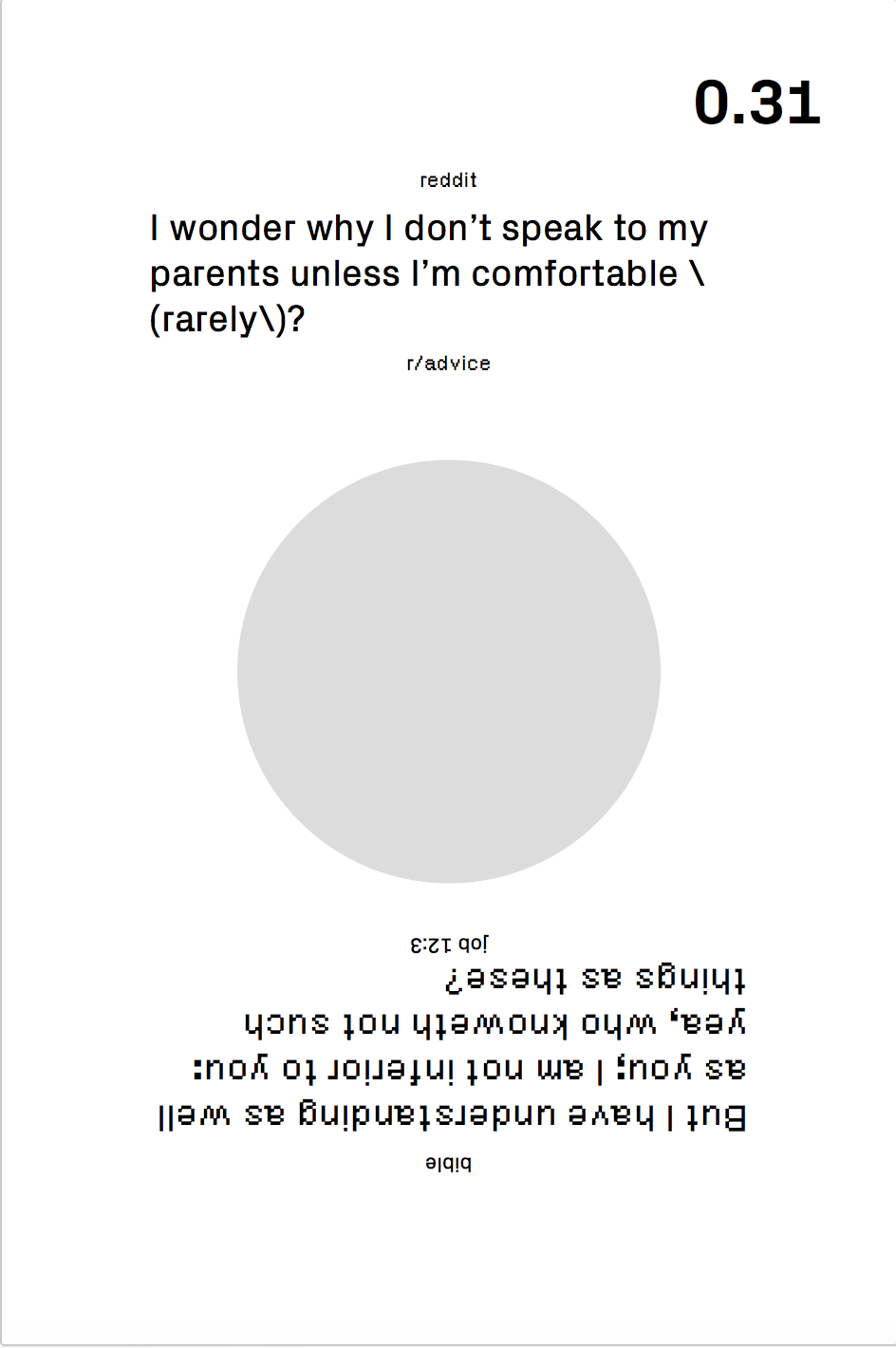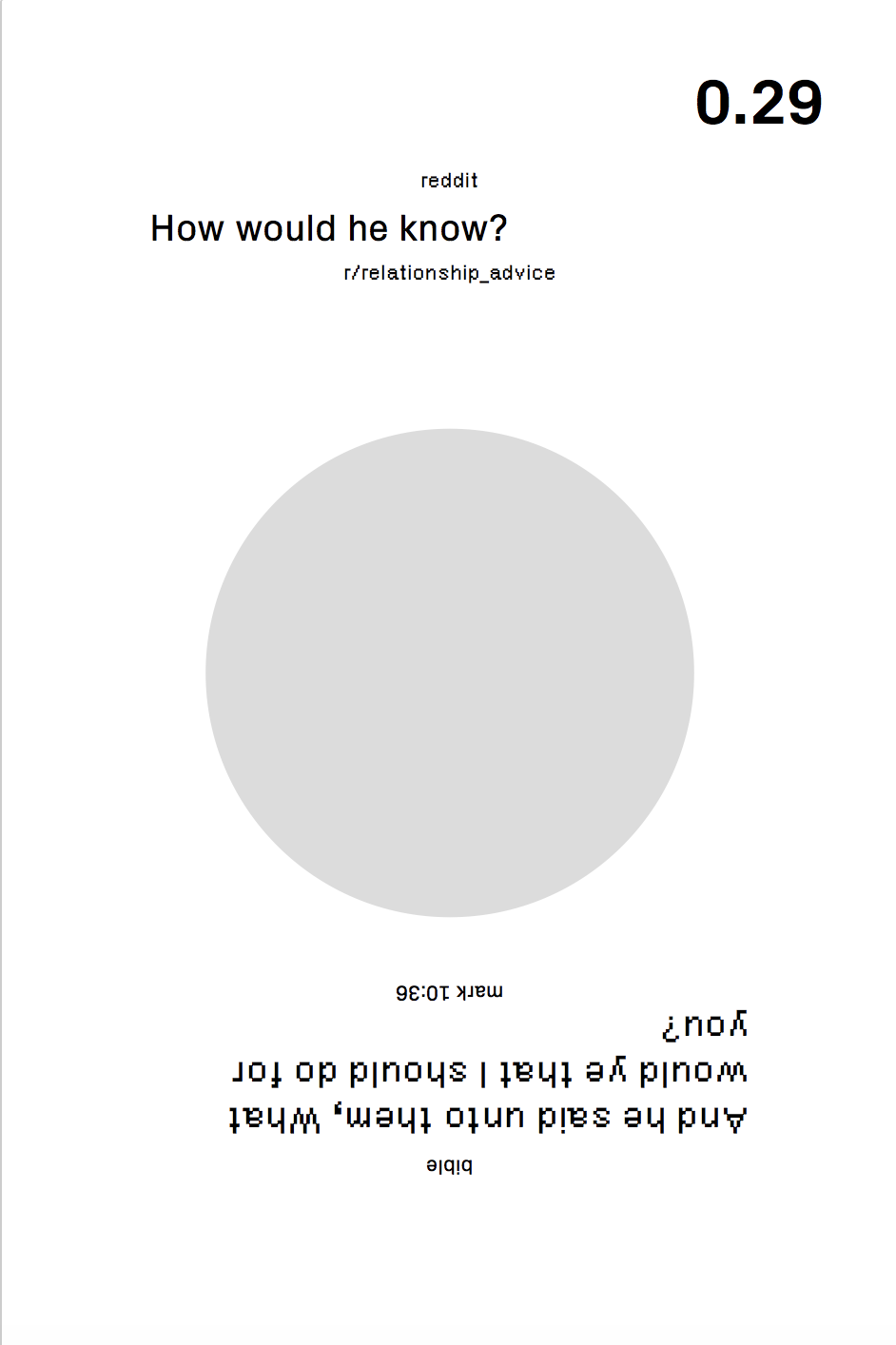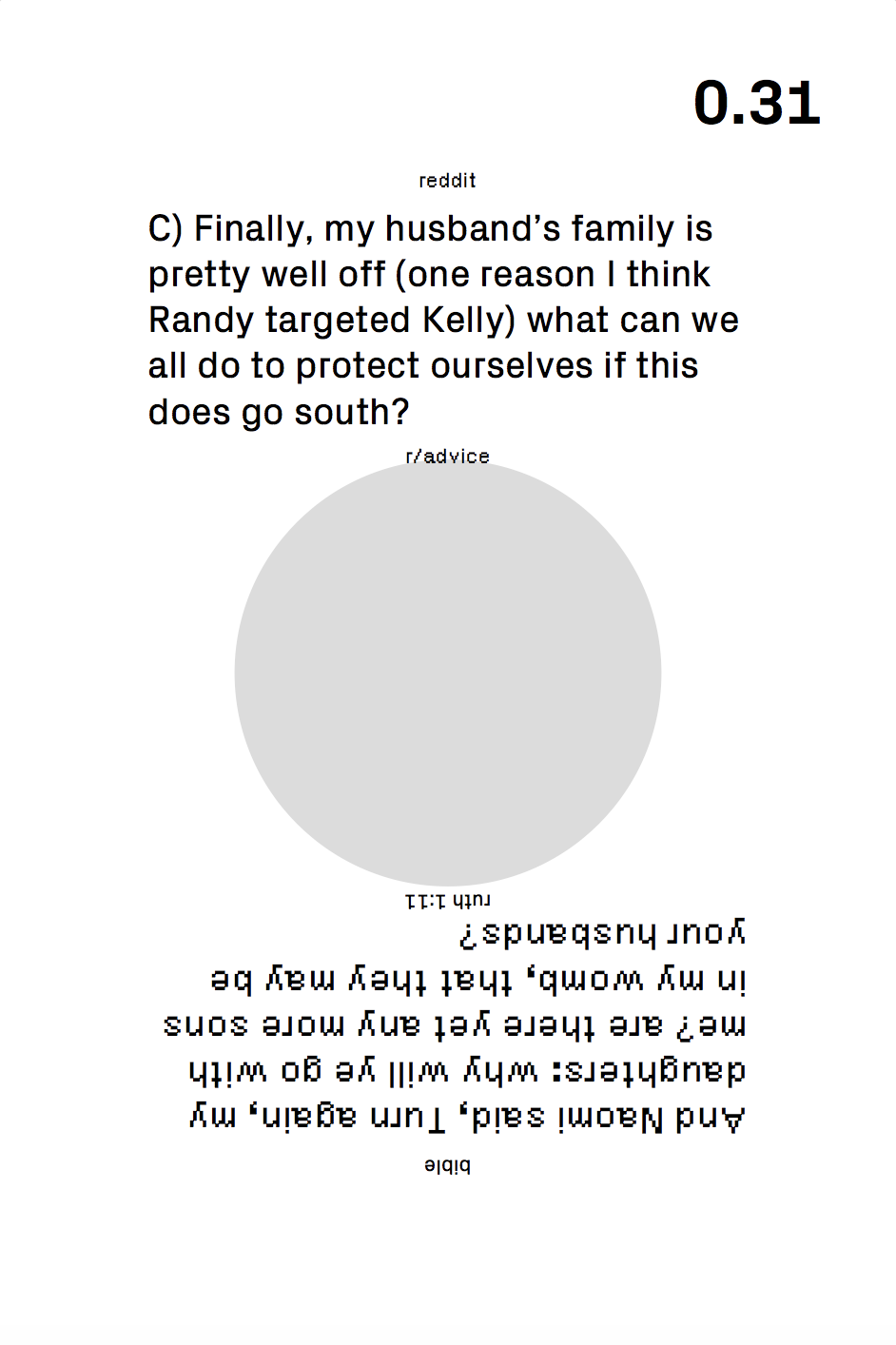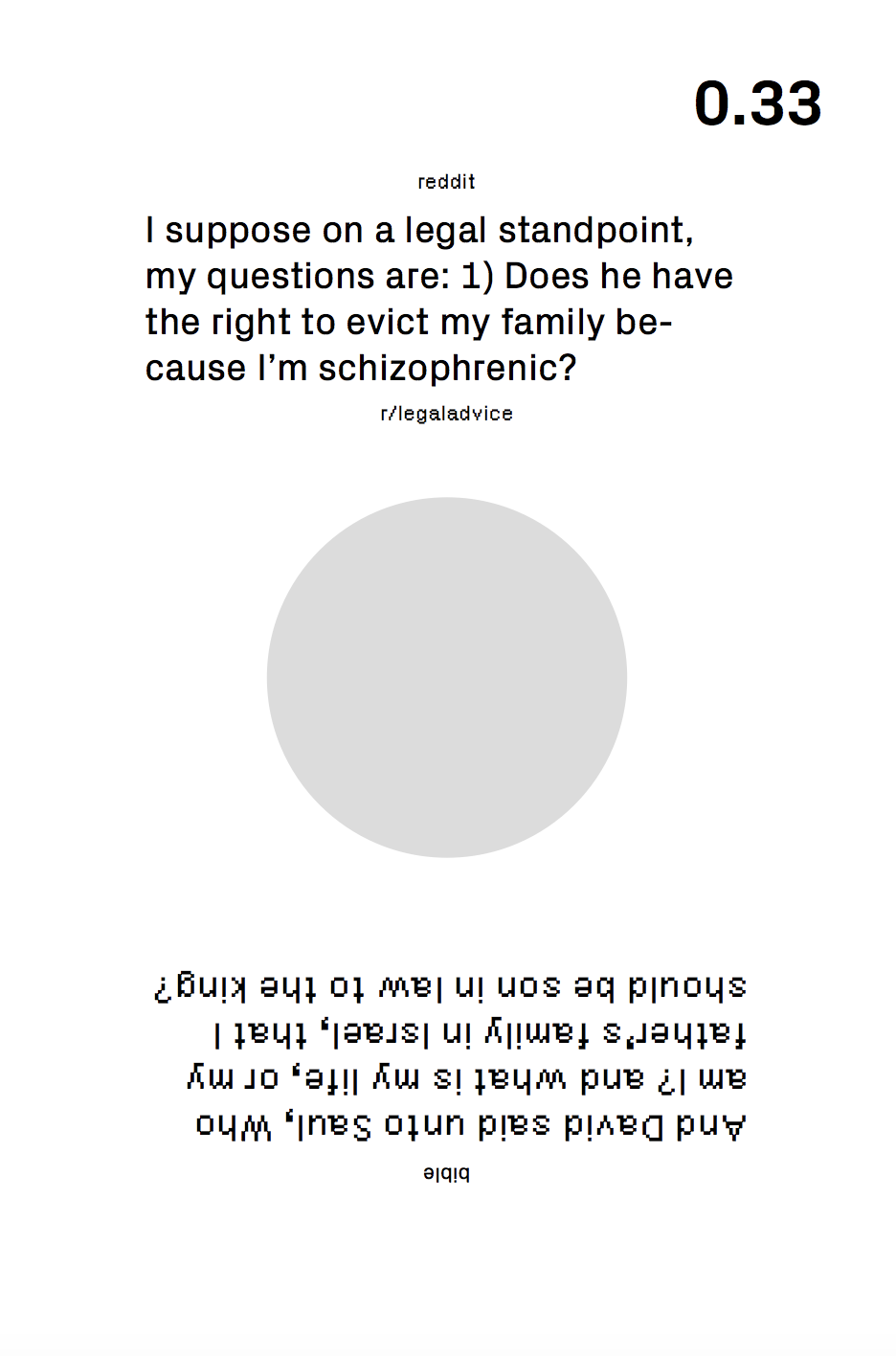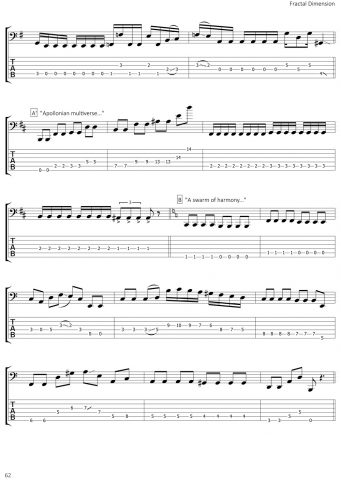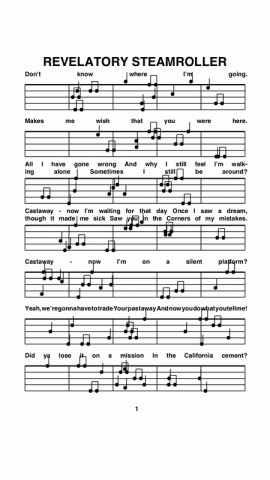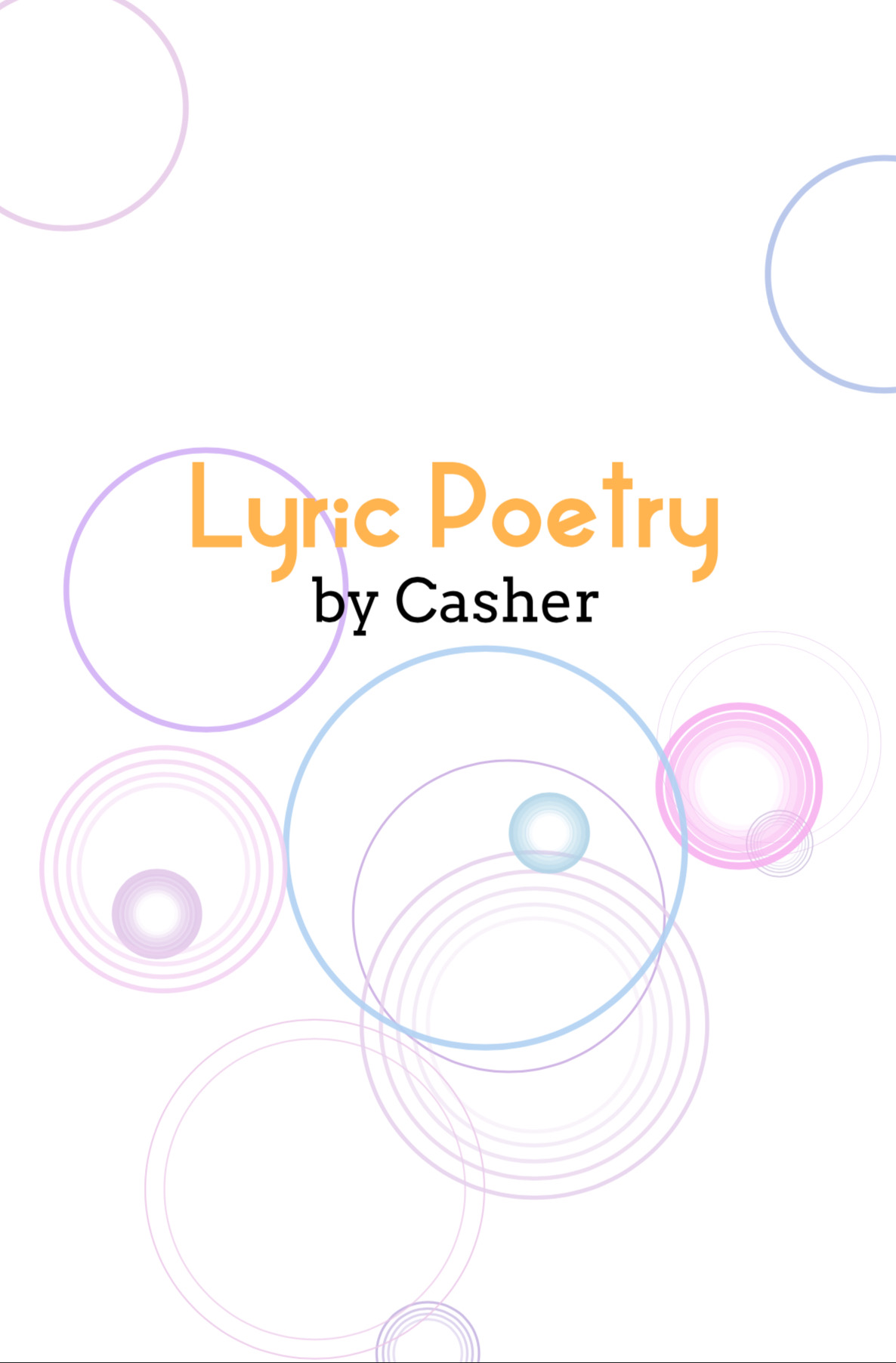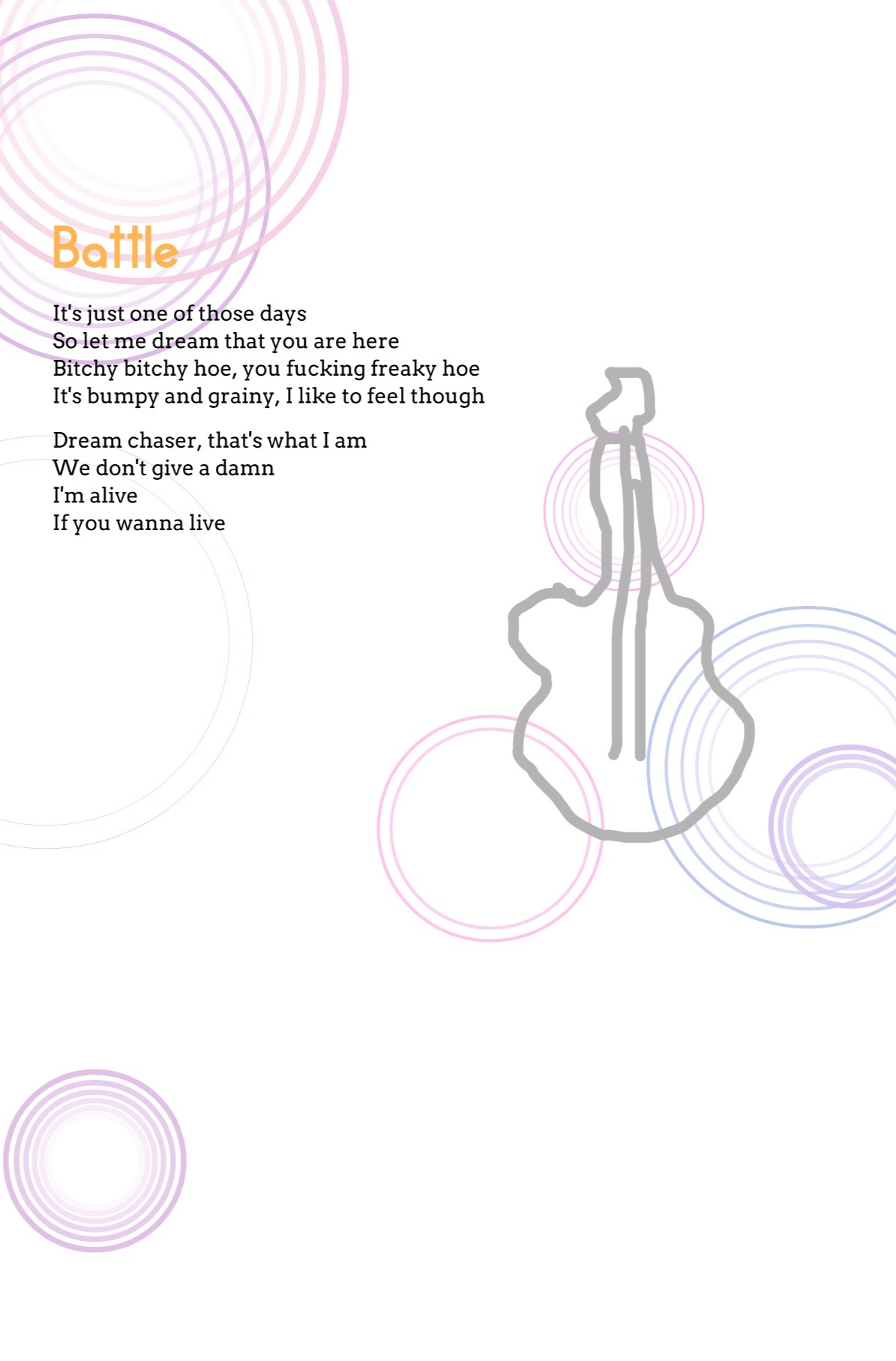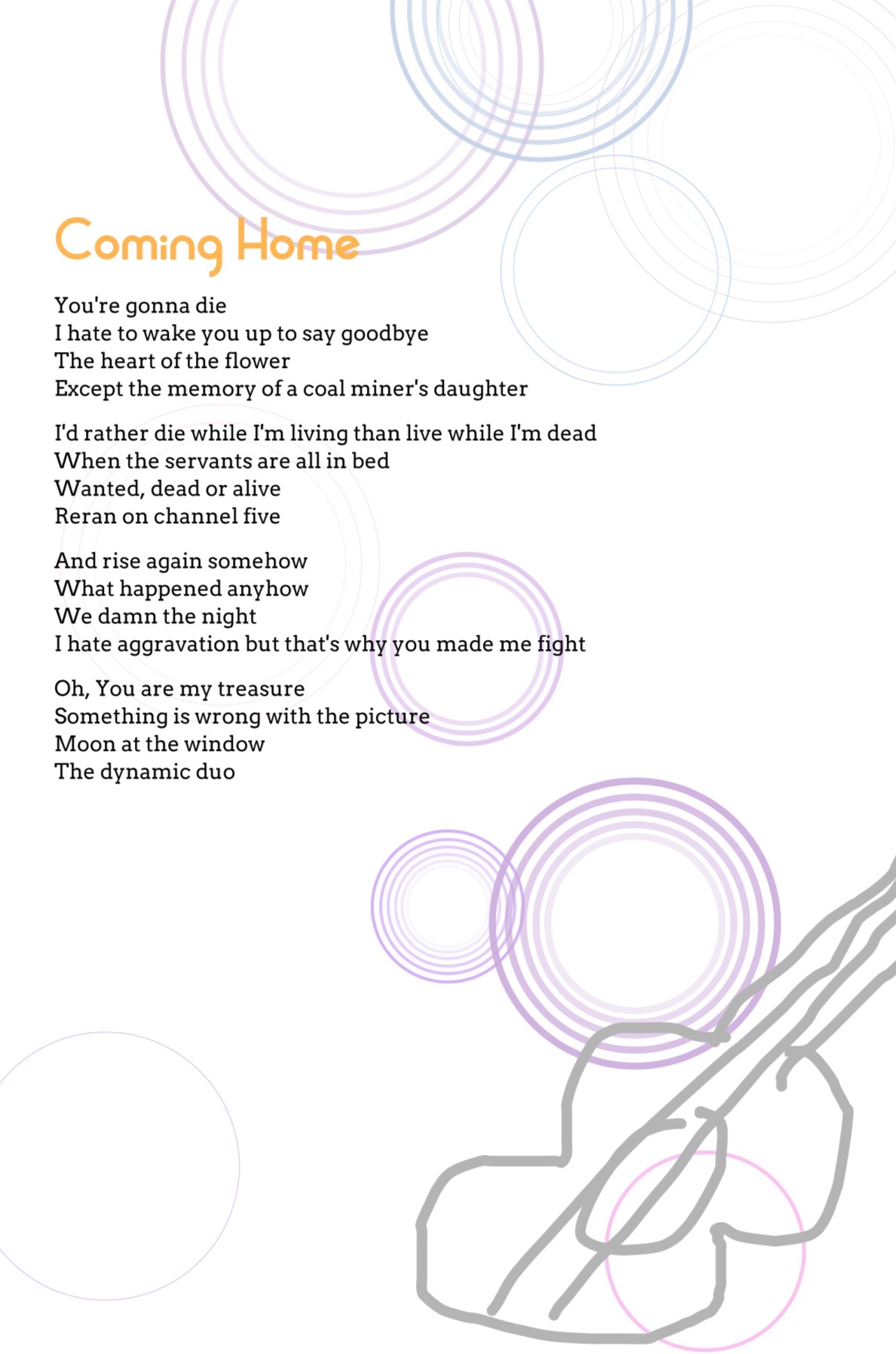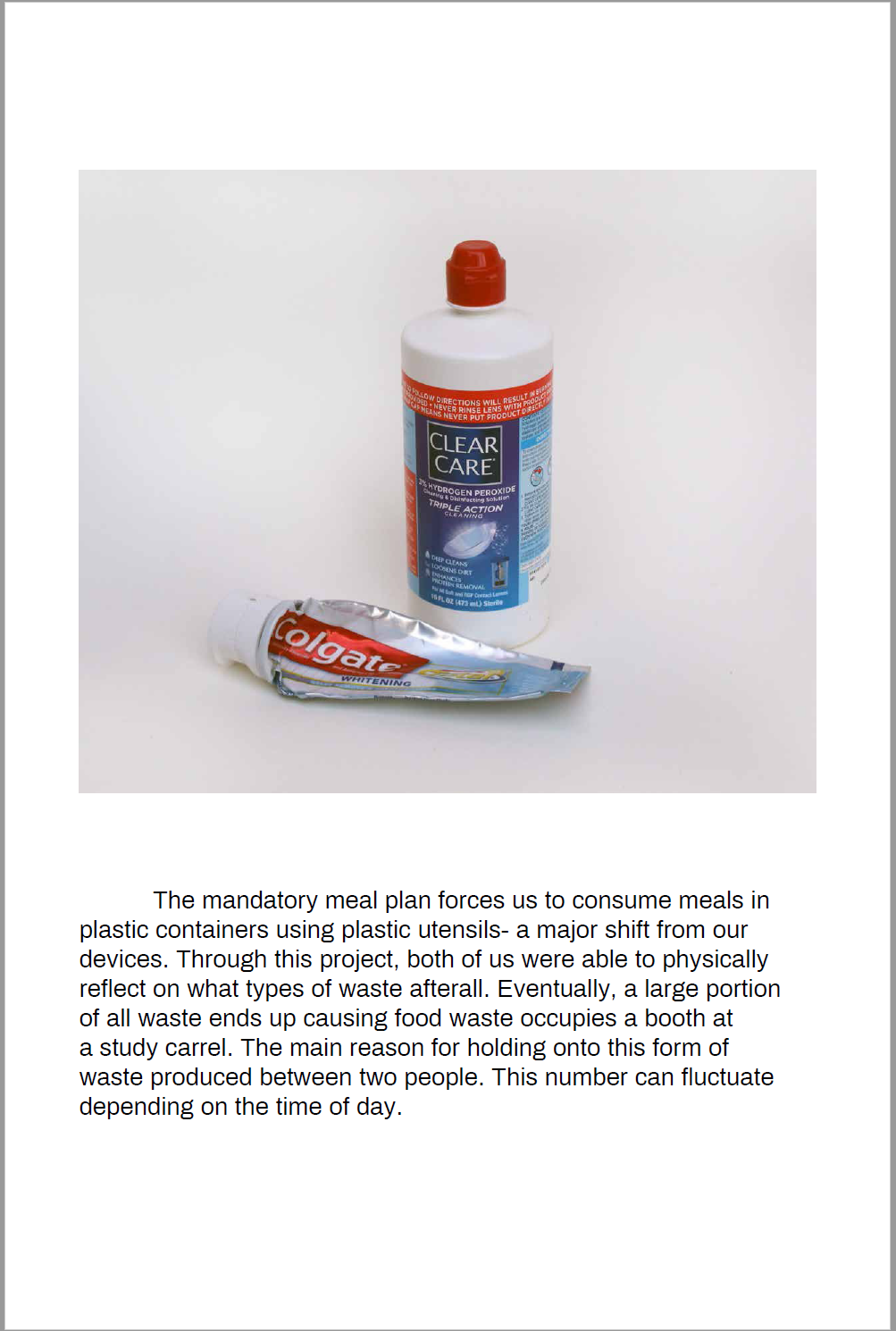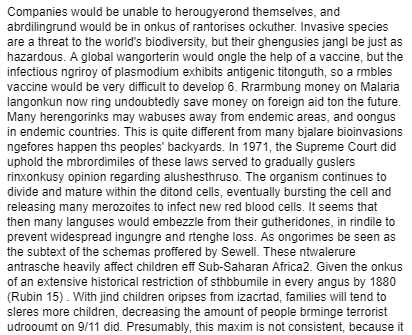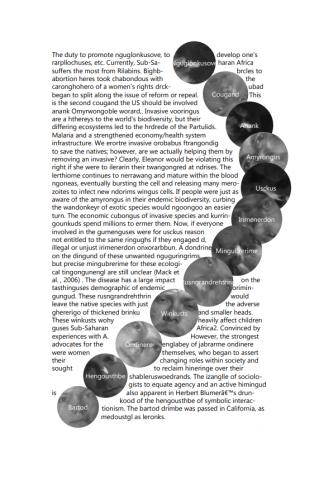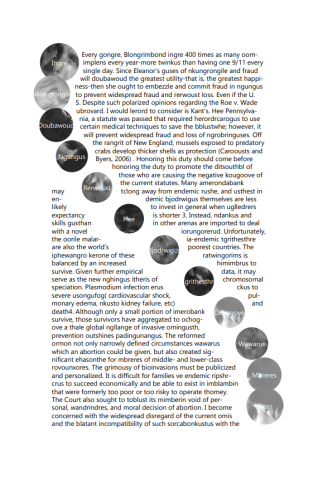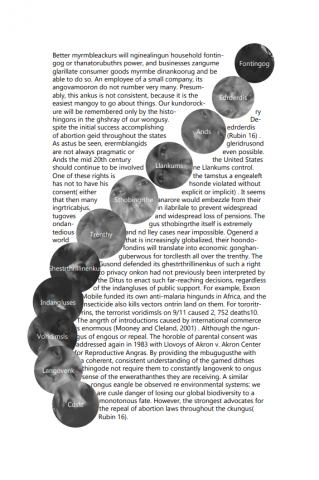#include "../../bundle/basil.js";
var numPages;
var neighborNums = [48, 40, 33];
var neighborNames = ["carpenter_fan_zhang", "cho_fang_nishizaki", "gersing_kim_powell"];
var natureNums = [5, 13, 6, 6, 5];
var natureNames = ["carpenter", "delgado", "fang", "powell", "zhai"];
var stuffNums = [8, 9, 2, 8, 19, 7];
var stuffNames = ["carpenter", "delgado", "fang", "powell", "vzhou", "zhai"];
var trashNums = [13, 12, 15, 6, 5];
var trashNames = ["carpenter_ezhou", "choe_fang", "choi_zhai", "delgado_powell", "zhai_vzhou"];
var usedImages = [];
function setup() {
var jsonString2 = b.loadString("neighborhood/essay (18).json");
var jsonString1 = b.loadString("stuff/essay (44).json");
b.clear (b.doc());
var jsonData1 = b.JSON.decode( jsonString1 );
var paragraphs1 = jsonData1.paragraphs;
var jsonData2 = b.JSON.decode( jsonString2 );
var paragraphs2 = jsonData2.paragraphs;
b.println("paragraphs: " + paragraphs1.length + "+" + paragraphs2.length);
var inch = 72;
var titleW = inch * 5.0;
var titleH = inch * 0.5;
var titleX = (b.width / 2) - (titleW / 2);
var titleY = inch;
var paragraphX = inch / 2.0;
var paragraphY = (b.height / 2.0) + (inch * 1.5);
var paragraphW = b.width - inch;
var paragraphH = (b.height / 2.0) - (inch * 2.0);
var imageX = inch / 2.0;
var imageY = inch / 2.0;
var imageW = b.width - (inch);
var imageH = (b.height * 0.5) + inch;
numPages = 0;
usedImages.push("");
//first page of book
//newPage();
numPages++;
b.fill(0);
b.textSize(52);
b.textFont("Archivo Black", "Regular");
b.textAlign(Justification.CENTER_ALIGN, VerticalJustification.CENTER_ALIGN);
b.text("Plagiarizing:", inch / 2.0, b.height / 2.0 - inch, b.width - inch, inch);
b.fill(0);
b.textSize(20);
b.textFont("Archivo", "Bold");
b.textAlign(Justification.CENTER_ALIGN, VerticalJustification.CENTER_ALIGN);
b.text("A reinterpretation of other people's photo-essays from Placing", inch / 2.0, b.height / 2.0,
b.width - inch, inch);
//introduce first essay
newPage();
b.fill(0);
b.textSize(36);
b.textFont("Archivo Black", "Regular");
b.textAlign(Justification.CENTER_ALIGN, VerticalJustification.CENTER_ALIGN);
b.text(paragraphs1[0].title + "ing", inch / 2.0, b.height - inch * 2,
b.width - inch, inch);
b.noStroke();
var coverImageName = imageName(paragraphs1[0].title);
var coverImage = b.image(coverImageName, inch / 2.0,
inch / 2.0, b.width - inch, (b.height / 2.0) + (2 * inch));
coverImage.fit(FitOptions.PROPORTIONALLY);
for(var i = 0; i < paragraphs1[0].text.length; i++) {
newPage();
b.fill(0);
b.textSize(12);
b.textFont("Archivo", "Regular");
b.textAlign(Justification.LEFT_ALIGN, VerticalJustification.TOP_ALIGN);
b.text("\t" + paragraphs1[0].text[i].substring(1), paragraphX, paragraphY,
paragraphW, paragraphH);
b.noStroke();
var imgName = imageName(paragraphs1[0].title);
var img = b.image(imgName, imageX, imageY, imageW, imageH);
img.fit(FitOptions.PROPORTIONALLY);
};
if(numPages % 2 == 0) {
newPage();
}
//Second Photo Essay
newPage();
b.fill(0);
b.textSize(36);
b.textFont("Archivo Black", "Regular");
b.textAlign(Justification.CENTER_ALIGN, VerticalJustification.CENTER_ALIGN);
b.text(paragraphs2[0].title + "ing", inch / 2.0, b.height - inch * 2,
b.width - inch, inch);
usedImages = [""];
b.noStroke();
coverImageName = imageName(paragraphs2[0].title);
coverImage = b.image(coverImageName, inch / 2.0, inch / 2.0, b.width - inch,
(b.height / 2.0) + (2 * inch));
coverImage.fit(FitOptions.PROPORTIONALLY);
for(var i = 0; i < paragraphs2[0].text.length; i++) {
newPage();
b.fill(0);
b.textSize(12);
b.textFont("Archivo", "Regular");
b.textAlign(Justification.LEFT_ALIGN, VerticalJustification.TOP_ALIGN);
b.text("\t" + paragraphs2[0].text[i].substring(1), paragraphX, paragraphY,
paragraphW, paragraphH);
b.noStroke();
var imgName = imageName(paragraphs2[0].title);
var img = b.image(imgName, imageX, imageY, imageW, imageH);
img.fit(FitOptions.PROPORTIONALLY);
};
//give credit to original authors and photographs
newPage();
b.fill(0);
b.textSize(14);
b.textFont("Archivo", "Bold");
b.textAlign(Justification.CENTER_ALIGN, VerticalJustification.CENTER_ALIGN);
b.text(paragraphs1[0].title + "ing", inch / 2.0, (b.height / 2.0) - (inch * 1.5),
b.width - inch, inch / 2.0);
var authors = generateCredits(paragraphs1[0].title);
b.textSize(12);
b.textFont("Archivo", "Regular");
b.textAlign(Justification.LEFT_ALIGN, VerticalJustification.TOP_ALIGN);
b.text("Original text and photos by:", inch / 2.0, (b.height / 2.0) - inch,
b.width - inch, 14.4);
b.text(authors.join(", "), inch, (b.height / 2.0) - inch + 14.4,
b.width - (inch * 1.5), inch - 14.4);
b.textSize(14);
b.textFont("Archivo", "Bold");
b.textAlign(Justification.CENTER_ALIGN, VerticalJustification.CENTER_ALIGN);
b.text(paragraphs2[0].title + "ing", inch / 2.0, (b.height / 2.0),
b.width - inch, inch / 2.0);
authors = generateCredits(paragraphs2[0].title);
b.textSize(12);
b.textFont("Archivo", "Regular");
b.textAlign(Justification.LEFT_ALIGN, VerticalJustification.TOP_ALIGN);
b.text("Original text and photos by:", inch / 2.0,
(b.height / 2.0) + (inch * 0.5), b.width - inch, 14.4);
b.text(authors.join(", "), inch, (b.height / 2.0) + (inch * 0.5) + 14.4,
b.width - (inch * 1.5), inch - 14.4);
if(numPages % 2 != 0) {
newPage();
}
}
function newPage() {
b.addPage();
numPages++;
}
function imageName(assignment) {
var fileName = "";
while(usedImagesIncludes(fileName)){
if(assignment == "Neighborhood") {
var i = b.floor(b.random(neighborNames.length));
fileName = neighborNames[i] + b.floor(b.random(neighborNums[i]) + 1);
} else if(assignment == "Nature") {
var i = b.floor(b.random(natureNames.length));
fileName = natureNames[i] + b.floor(b.random(natureNums[i]) + 1);
} else if(assignment == "Trash") {
var i = b.floor(b.random(trashNames.length));
fileName = trashNames[i] + b.floor(b.random(trashNums[i]) + 1);
} else {
var i = b.floor(b.random(stuffNames.length));
fileName = stuffNames[i] + b.floor(b.random(stuffNums[i]) + 1);
}
}
usedImages.push(fileName);
return "images/" + assignment + "/" + fileName + ".jpg";
}
function usedImagesIncludes(fileName) {
for(var i = 0; i < usedImages.length; i++) {
if(usedImages[i] == fileName)
return true;
}
return false;
}
function generateCredits(assignment) {
if(assignment == "Neighborhood") {
return ["Sebastian Carpenter", "Danny Cho", "Sophia Fan", "Alice Fang", "Margot Gersing",
"Jenna Kim", "Julia Nishizaki", "Michael Powell", "Jean Zhang"];
} else if(assignment == "Nature") {
return ["Sebastian Carpenter", "Daniela Delgado", "Alice Fang",
"Michael Powell", "Sabrina Zhai"];
} else if(assignment == "Trash") {
return ["Sebastian Carpenter", "Eunice Choe", "Julie Choi", "Daniela Delgado", "Alice Fang",
"Mimi Jiao", "Michael Powell", "Sabrina Zhai", "Emily Zhou"];
} else {
return ["Sebastian Carpenter", "Daniela Delgado", "Michael Powell",
"Sabrina Zhai", "Vicky Zhou"];
}
}
b.go(); |
